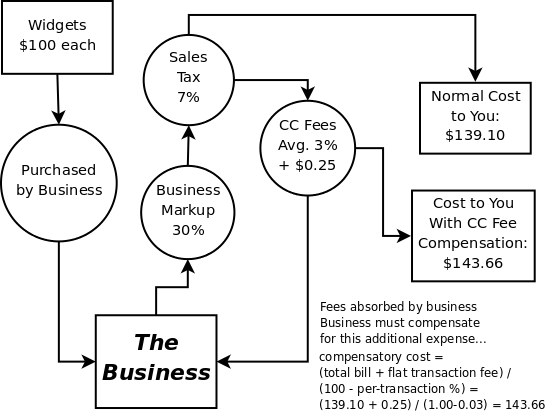GREAT. I was able to contact T-mobile and get my phone to ring for much longer, giving me more time to answer a call in lieu of the now-disabled voicemail system picking up. That alone has already come in handy, as I have been able to pick up calls from my wife and my techs long after it would have kicked over to voicemail, inevitably leading to phone tag and wasted time. I’ve instructed my technicians that calls asking for me are to be screened aggressively, and only those which they are completely unable to assist should make it to my desk (as in one customer today who inquired about a custom computer and needed to discuss the options for getting that custom computer.)
Because I am being interrupted less often today, I have managed to mostly finish converting a multi-language website for one of my long-time business clients to a PHP-based and easily managed layout, including langauge-coded folders and more standardization across the board. This has been difficult to work on for days now because of all of the unnecessary interruptions that customer service matters have caused. Now that only essential issues reach my ears and break my concentration, my productivity is already seeing a significant boost.
This is the way it should be. A business owner needs to focus on one thing only: the business and making it better. Customer-oriented approaches to doing business are as crucial to success as ever, but the best advice I can give to a small business owner starting out is this: learn the value of making the people you supervise handle things; that’s what they’re there for, and you can’t do your job of supporting their efforts if you’re too busy doing theirs. A business relies not only on good personnel who know what they’re doing and have enough authority to help customers sufficiently, but also on good managers who can coordinate and support the creative and assistive forces of those personnel to ensure that they work together optimally. Put another way, it seems impossible to coordinate and supervise your workers if you spend too much time doing their job and not enough doing your own.
Separating myself from customers and letting my people shine, both on the phone as well as in person, is proving to be crucial to my ability to do my job. My techs can’t be expected to do work if I’m not out there revamping the website or performing SEO or passing out flyers or hitting up local businesses or whatever else I have to do as the most important manager in the business.
I can’t emphasize enough that this doesn’t mean I won’t ever talk to customers or do tech work myself. It’s important for a manager of any kind to be “in touch” with what’s going on amongst the managed, and to provide guidance and assistance when it is seriously needed.
The problem is that many of us want our business to succeed so badly that we forget about the high-level management stuff as we worry over minutiae. I’d say that as of today, I’ve learned that lesson, and I hope that this post helps others to do the same.

